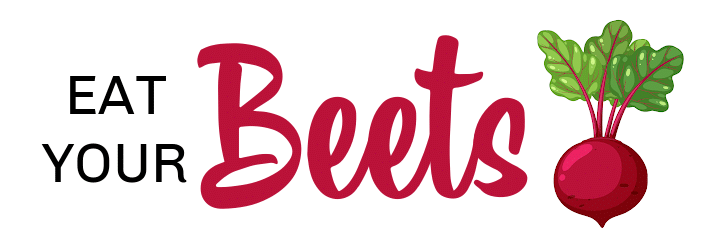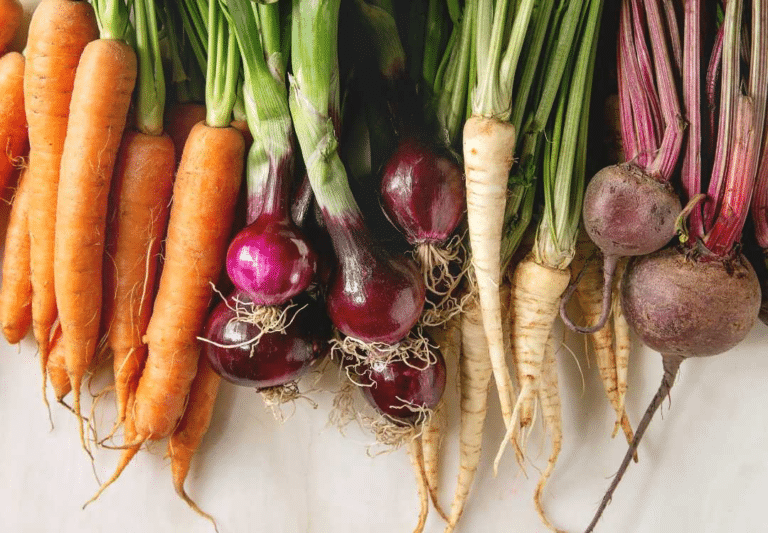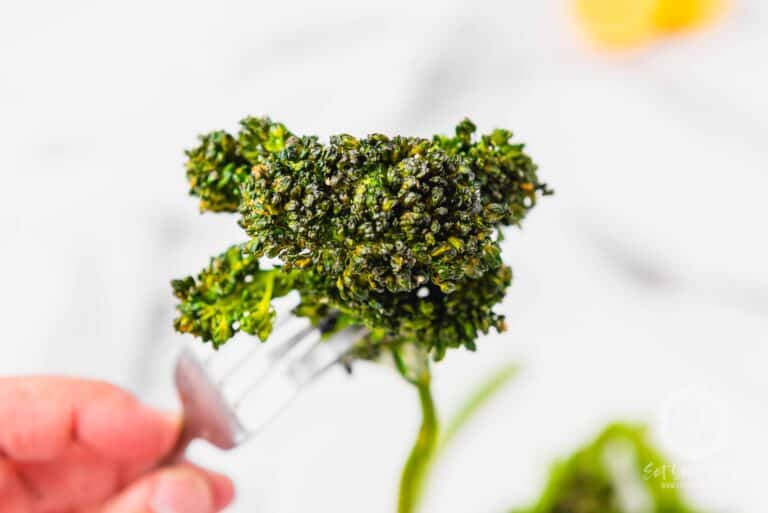Are Frozen Vegetables Healthy?
Are frozen vegetables healthy? Many of us might ask this question when we look at the vegetables in the grocery store. Some may say yes, while others may think otherwise. Many people turn to frozen vegetables as an alternative to fresh produce, but are they actually a healthy option?
In this article, we will explore the benefits and drawbacks of eating frozen vegetables to ensure you’re getting the most nutrition. Get ready to learn why adding these time-saving veggies might just be what you need!

Contents
Are Frozen Vegetables Healthy?
Frozen vegetables can be just as healthy, if not healthier, than their fresh counterparts. The process of freezing vegetables often preserves essential nutrients that can be lost in fresh produce over time.
In fact, frozen fruit and vegetable are picked and frozen at their peak ripeness, ensuring that their nutritional value is locked in. Moreover, frozen fruits and vegetables offer a convenient and cost-effective alternative to fresh produce, making it easier for individuals to incorporate them into their daily diets.
Do Frozen Vegetables Have The Same Nutrition As Fresh Vegetables?
The frozen vegetables can be just as nutritious as fresh vegetables. A study compared the nutritional content of fresh and frozen produce, including peas, spinach, and broccoli. The results showed that the nutrient levels in frozen veggies were often equal to or even higher than those found in fresh vegetables.
This is because frozen produce is typically picked at peak ripeness and immediately frozen, which helps retain its nutritional value. On the other hand, fresh vegetables may lose some nutrients during transportation and storage.
In conclusion, both fresh and frozen vegetables can provide essential nutrients for a healthy diet. Choosing between fresh and frozen produce should be based on personal preferences, availability, and convenience rather than solely on nutritional content.
Are Canned Vegetables As Healthy As Frozen Vegetables?
Canned vegetables and frozen vegetables have their advantages and disadvantages when it comes to health benefits.
Frozen vegetables retain more nutrients, as they are usually flash-frozen shortly after being harvested. This process helps preserve the vitamins and minerals that can be lost during the canning process.
On the other hand, canned vegetables have a longer shelf life and can be more convenient for some people as a pantry food option. However, they may contain added salt or preservatives, impacting their nutritional value.
Are There Any Added Ingredients Or Preservatives In Frozen Vegetables?
Not all frozen vegetables contain added ingredients or preservatives, making them a healthy and convenient choice for many people. In fact, most frozen vegetables are just as nutritious as their fresh counterparts!
Plain frozen vegetables typically don’t have any added salt, sugar, or artificial preservatives, but it’s always important to check the label when purchasing frozen food.
What Are The Benefits Of Frozen Veggies?
Frozen veggies offer a range of benefits that make them an essential addition to your diet. By choosing frozen varieties over fresh alternatives, you can enjoy the following advantages:
Cooking Convenience
Frozen vegetables come pre-washed, pre-cut, and ready-to-cook, simplifying meal preparation and saving time in the kitchen.
Nutrient Retention
Freezing vegetables shortly after harvest locks in their nutrients, often resulting in higher levels of vitamins and minerals compared to fresh produce that has been stored and transported for extended periods. We love to freeze purple cauliflower as it’s packed with nutrition and lasts some time.
Extended Shelf Life
Frozen veggies have a longer shelf life than fresh produce, allowing you to store them for months without losing their quality, taste, or nutritional value.
Cost-Effective
Frozen vegetables are typically more affordable than their fresh counterparts, making it easier to incorporate a variety of nutritious options into your diet without straining your budget.
Reduced Waste
Using frozen veggies helps to minimize food waste caused by spoilage, as they have a longer shelf life than fresh produce.
What Are The Disadvantages Of Frozen Veggies?
While frozen veggies offer many benefits, there are some disadvantages to consider. Here are a few drawbacks:
Texture And Taste
Freezing can alter the texture of certain vegetables, making them softer or mushier when cooked. Additionally, some people may find that the taste of frozen vegetables is not as vibrant as their fresh counterparts.
Potential Nutrient Loss
While freezing generally preserves nutrients, some vitamins, such as vitamin C, may degrade slightly during freezing. In addition, overcooking frozen vegetables can lead to further nutrient loss.
Added Ingredients
Some frozen vegetables may contain added salt, sugar, or preservatives to enhance flavor and prolong shelf life. It’s essential to read labels and opt for products without unnecessary additives.
Environmental Impact
The packaging and transportation of frozen vegetables can contribute to environmental concerns, such as plastic waste and increased carbon emissions. However, these concerns can be mitigated by choosing products with minimal packaging and buying locally-produced options when possible.
How Long Do Frozen Vegetables Last?
Frozen vegetables can last for an extended period when stored properly. They can stay fresh and retain their nutritional value for up to 10 to 12 months in the freezer. However, keeping them in airtight packaging is essential to prevent freezer burn and maintain their quality.
Unlike fresh fruits and vegetables, which may lose their nutrients over time due to natural processes like oxidation and moisture loss, frozen vegetables can effectively retain most of their nutrients. This is because they are flash-frozen shortly after being harvested, locking in their vitamins and minerals.
Best Way To Cook Frozen Vegetables Healthily
Frozen vegetables are convenient and budget-friendly for adding more nutrition to your meals. There are various ways to cook frozen vegetables, such as air frying, stir-frying, steaming, roasting, and sautéing.
Some popular frozen vegetables to try these methods include frozen broccoli, spinach, carrots, peas, and more. Try various spices and sauces to discover the best mix for your favorite veggies. To retain the maximum nutrients and enjoy the best taste, follow these methods:
1. Air Fry Frozen Vegetables
Air frying frozen veggies is an easy and quick method to get a crispy, delicious side dish. Simply preheat your air fryer, toss the frozen vegetables in olive oil and your favorite seasonings, and cook them at 400°F for 10-15 minutes or until tender and slightly browned.

2. Stir Fry Frozen Vegetables
Stir-frying is another excellent method for cooking frozen vegetables. Warm up oil in a wok or large pan over medium to high heat, then put the frozen vegetables, and cook until heated and slightly browned. Add your preferred sauce or spices and cook for some time to let the flavors combine nicely.

3. Steam Frozen Vegetables
Steaming frozen vegetables is an excellent way to preserve water-soluble vitamins like C and B. Place the frozen vegetables in a steamer basket over boiling water, cover, and steam until they’re tender. This usually takes up to 10 minutes, depending on the type of vegetable. You can also steam veggies in the Instant Pot super quick. Visit this article on Instant Pot vegetable cooking times to learn more.

4. Roast Frozen Vegetables
Roasting frozen vegetables gives them a delicious caramelized flavor. Preheat the oven to 425°F, then spread the frozen vegetables on a baking sheet, drizzle with oil and seasonings, and roast for 20-25 minutes or until they’re tender and golden brown.

5. Sauté Frozen Vegetables
Sautéing is a quick and simple way to cook frozen vegetables. Warm up the oil in a large pan over medium heat, then add the frozen vegetables, and cook until heated and slightly browned. You can also add garlic, onions, or your favorite spices for extra flavor.

Are Frozen Vegetables Really Healthy? Final Words
In conclusion, frozen vegetables are a healthy, cost-effective option that you can cook in various ways to make delicious meals. They are pre-washed, pre-cut, and ready to cook, providing convenience in the kitchen.
Additionally, freezing vegetables shortly after harvest locks in their nutrients, ensuring high levels of vitamins and minerals.
Through careful consideration, including reading labels to check for added salt, sugar or preservatives and choosing locally produced frozen veggies, you can enjoy the many benefits of frozen vegetables while minimizing environmental impact. So stock up on frozen vegetables to reap their nutritional rewards!







One Comment
Comments are closed.